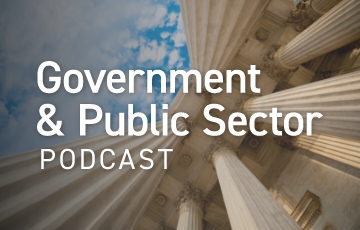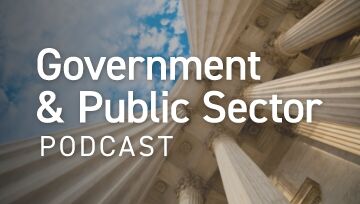Keeping Current on Account Reconciliation and Financial Reporting
Studies show that only 70% of the state and local government workforce returned after COVID. This, combined with the staffing shortages across the accounting industry, leaves many governments struggling to fill critical roles in their accounting and finance functions and keep up with day-to-day accounting.
Accelerating Financial Statement Issuance Timeline
Governments typically have four-to-six-month timelines to issue their financial statements. This is longer than most other industry standards for issuance, and many governments are often rushing to meet those deadlines. The delay in financial statement issuance causes the information to be less valuable to users of the statements.
Maintaining Government Accounting Expertise
A recent study by GFOA shows that there are currently 50,000 state and local finance workers who are retirement age, and nearly a third of the workforce will be there in the next 10 years. Many governments are seeing decades of institutional knowledge walking out the door without a sufficient pipeline to replace them.
Implementing New GASB Standards
In recent years, GASB pronouncements 87 and 96 have required state and local government finance officers to dedicate additional time and resources to ensure compliance. Many experienced challenges fitting in these implementations to their current workload. Down the road, governments will have the financial reporting model reconciliation, revenue and expense recognition, and consequences of the Federal Data Transparency Act to deal with, which all pose potentially significant time and resource investments.
Assistance With Reporting & Compliance Requirements Due to Additional Federal Awards
It is very typical for state and local governments to have two to three times more federal expenditures in fiscal years 2020 through today than they had historically. The influx of COVID funding is coming to an end, but right behind it is federal funding from the IIJA, and IRA is going to continue to strain finance officials to manage reporting and compliance requirements that come with this funding.
Meeting Audit Regulatory Deadlines
It is becoming increasingly common to see headlines of governments missing regulatory deadlines, losing bond ratings, or having late audits. These issues increase the cost of capital and often result in financial penalties and negative reputational impacts.
Navigating ERP Implementation Challenges
Very few things add more strain to state and local finance workers than a failed ERP implementation. In the early periods when a new ERP system is turned on, additional time and resources are often needed as the government navigates its new financial reporting environment.
Creating Action Plans from Audit Findings
In the world of government audits, findings happen. The responsiveness of a government to those deficiencies identified is an indicator of a strong control environment. Establishing an actionable corrective action plan and following through with all necessary corrective elements in a timely manner has become more difficult in the current staffing environment.










